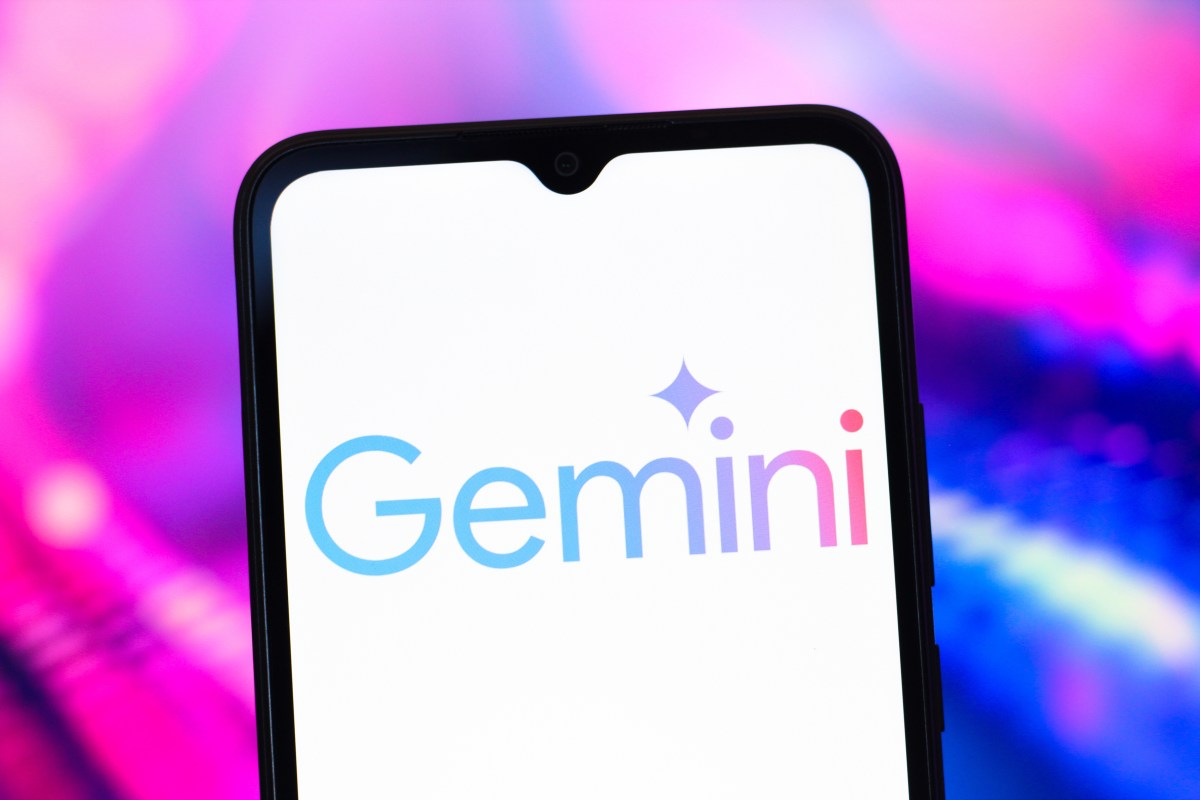Gemini's Digital Danger: Google's AI Sparks Alarm Over Youth Safety Concerns

In a recent evaluation, Common Sense Media has raised significant concerns about Google's latest AI model, Gemini, highlighting potential risks to children's online safety. The digital watchdog organization conducted a comprehensive assessment that revealed critical gaps in the AI's ability to protect young users from inappropriate or harmful content.
Experts from Common Sense Media found that Gemini struggles with implementing robust content filtering mechanisms, leaving children potentially exposed to sensitive or age-inappropriate information. The AI's current safeguards appear insufficient to create a truly secure digital environment for younger users.
The organization's analysis underscores the growing challenges tech companies face in developing AI technologies that can effectively balance innovation with responsible content moderation. Google has been urged to enhance Gemini's safety protocols and implement more stringent protective measures specifically designed to shield children from potentially harmful digital interactions.
As artificial intelligence continues to evolve and become more integrated into everyday digital experiences, the need for comprehensive safety features becomes increasingly critical. Common Sense Media's findings serve as a crucial reminder that technological advancement must go hand in hand with user protection, especially when it comes to vulnerable young users.
Google has yet to provide a comprehensive response to these concerns, leaving parents and educators anxiously awaiting improvements to the AI's safety infrastructure.








